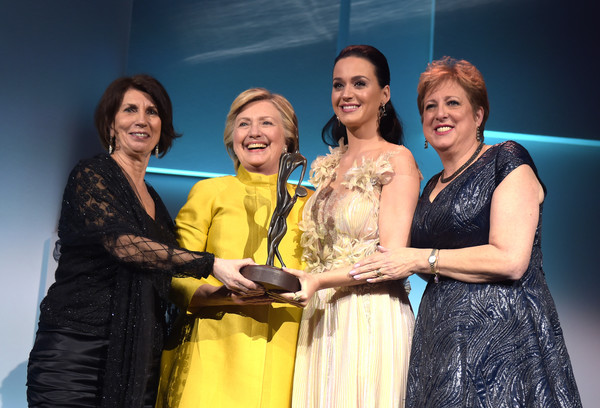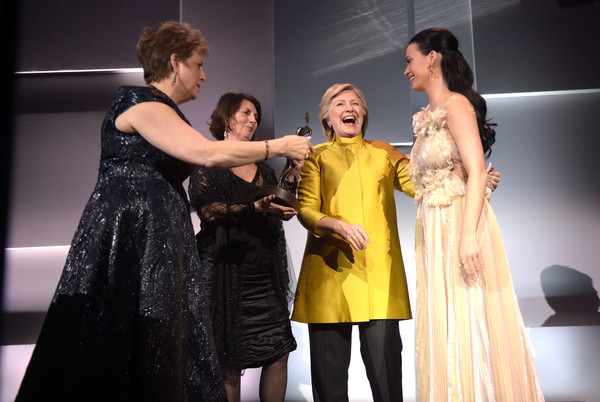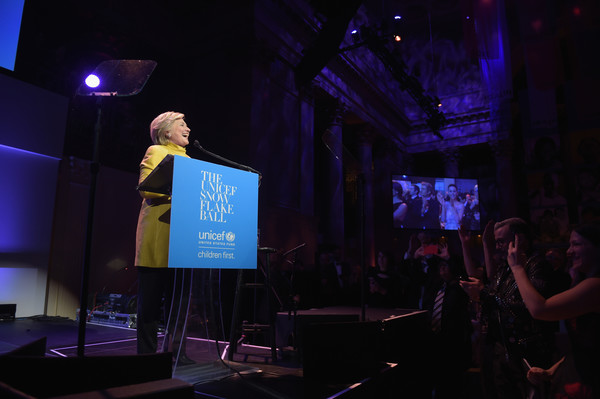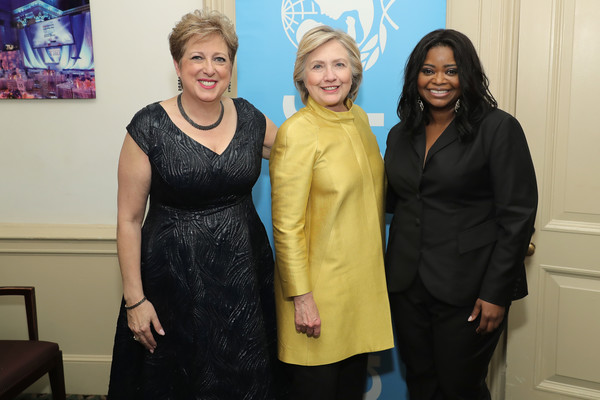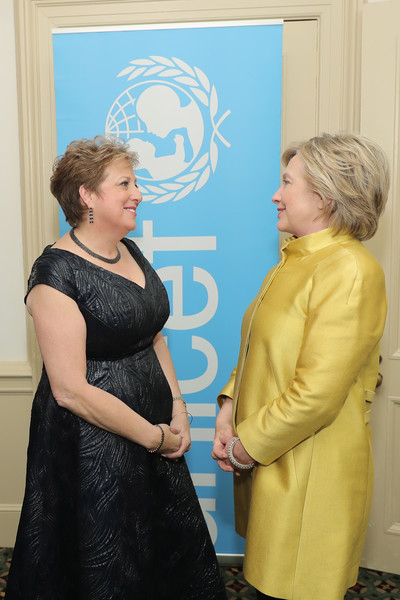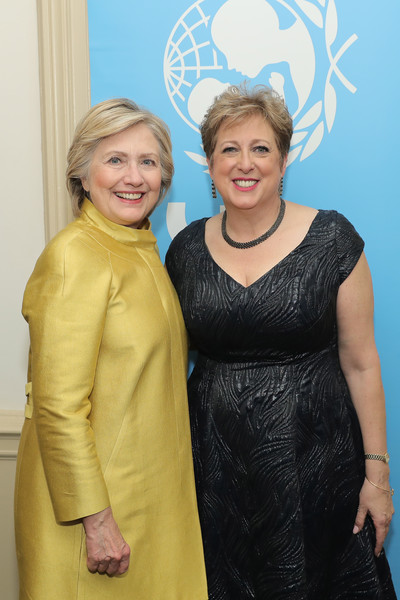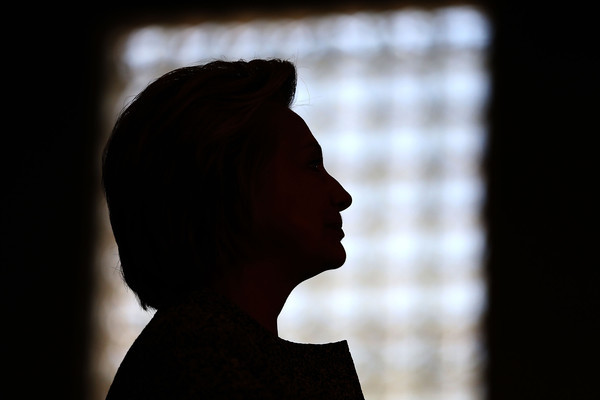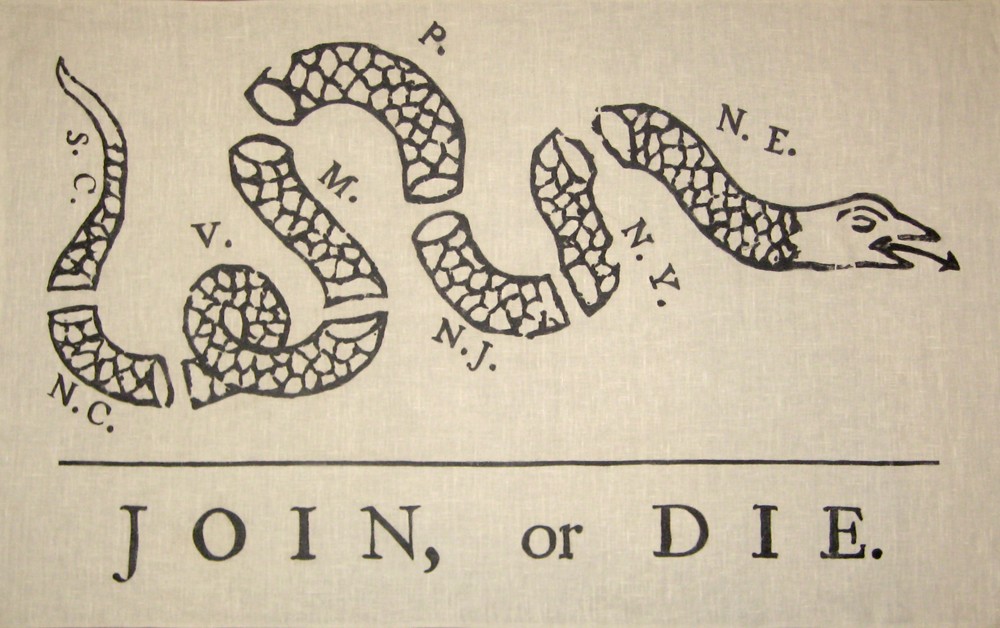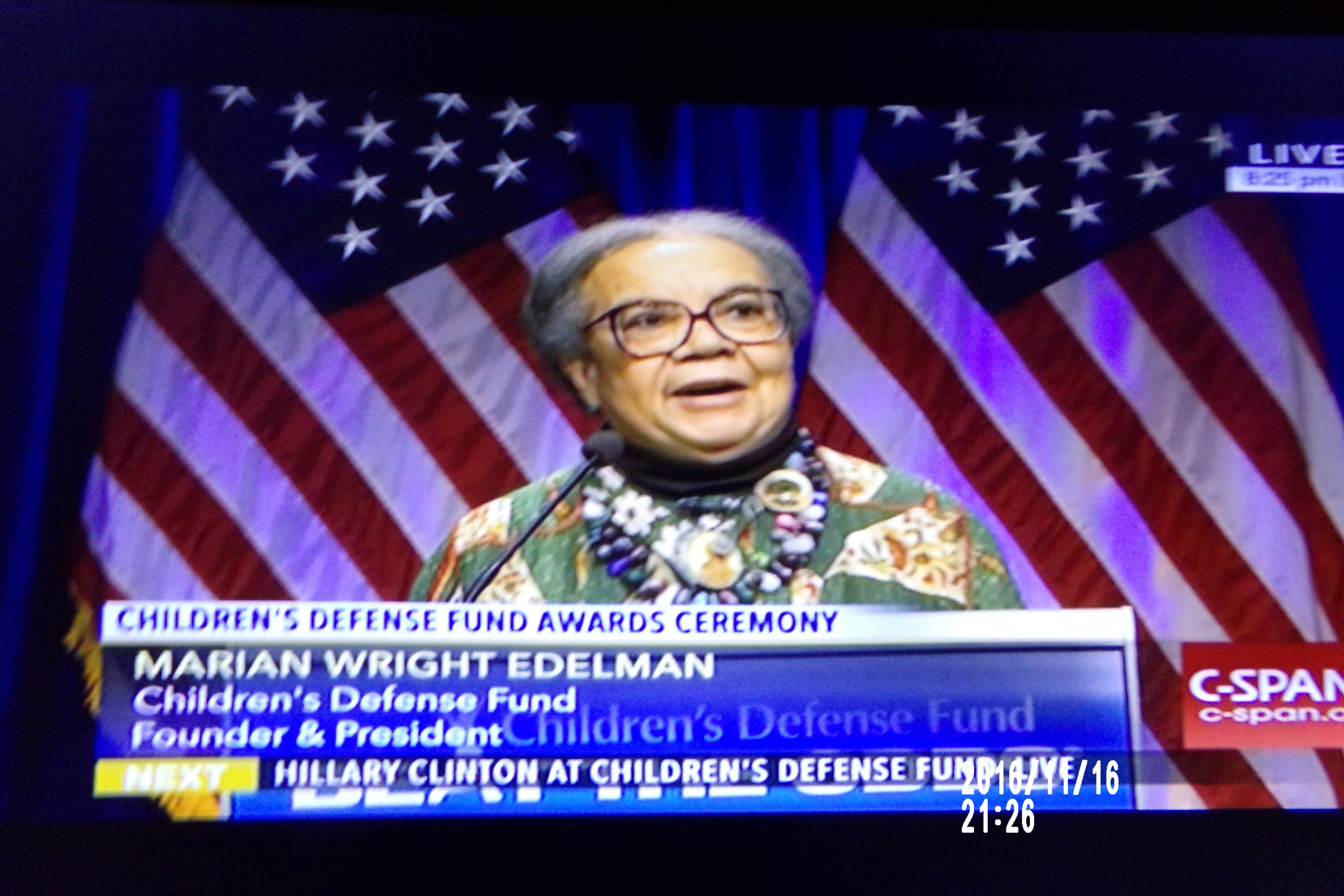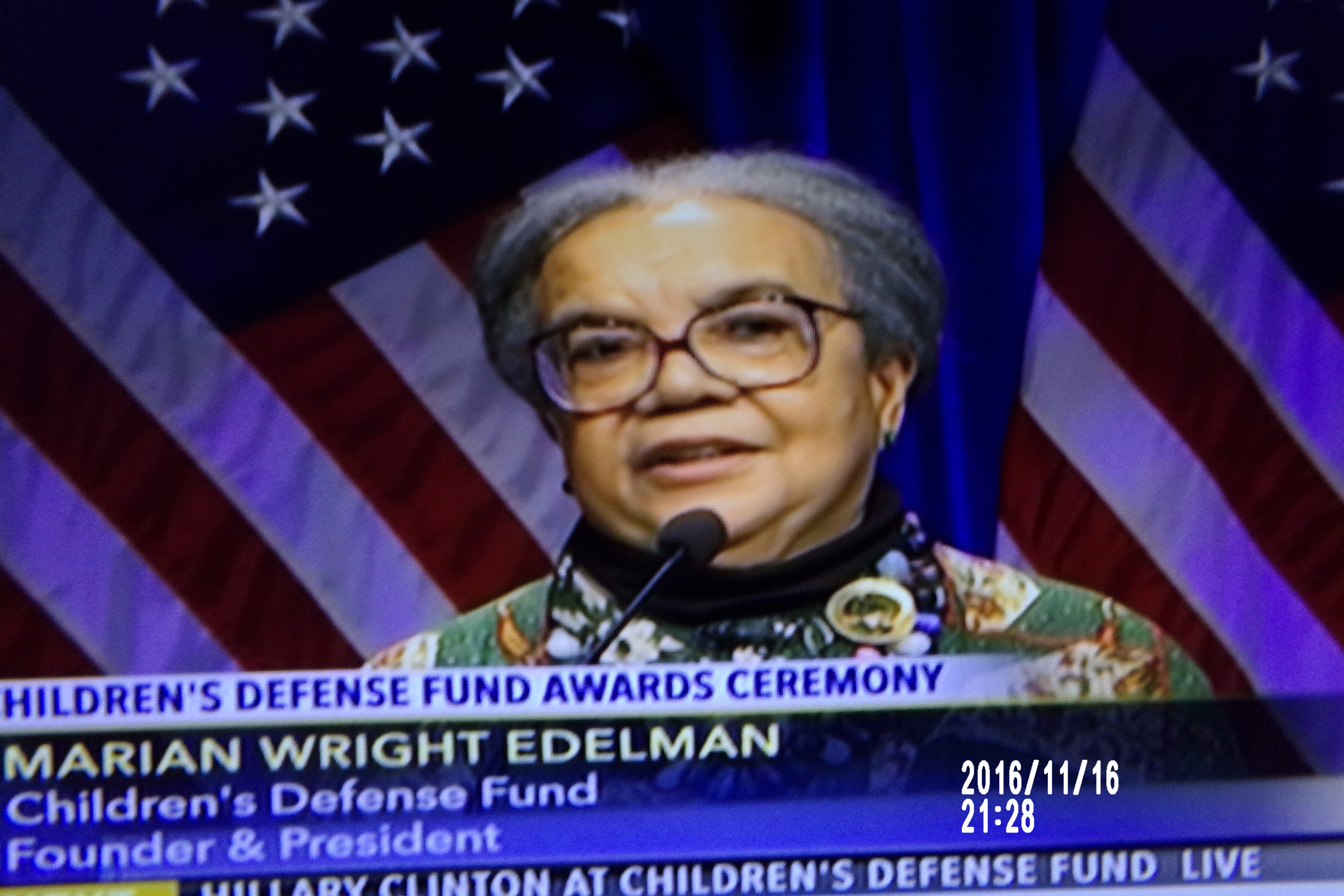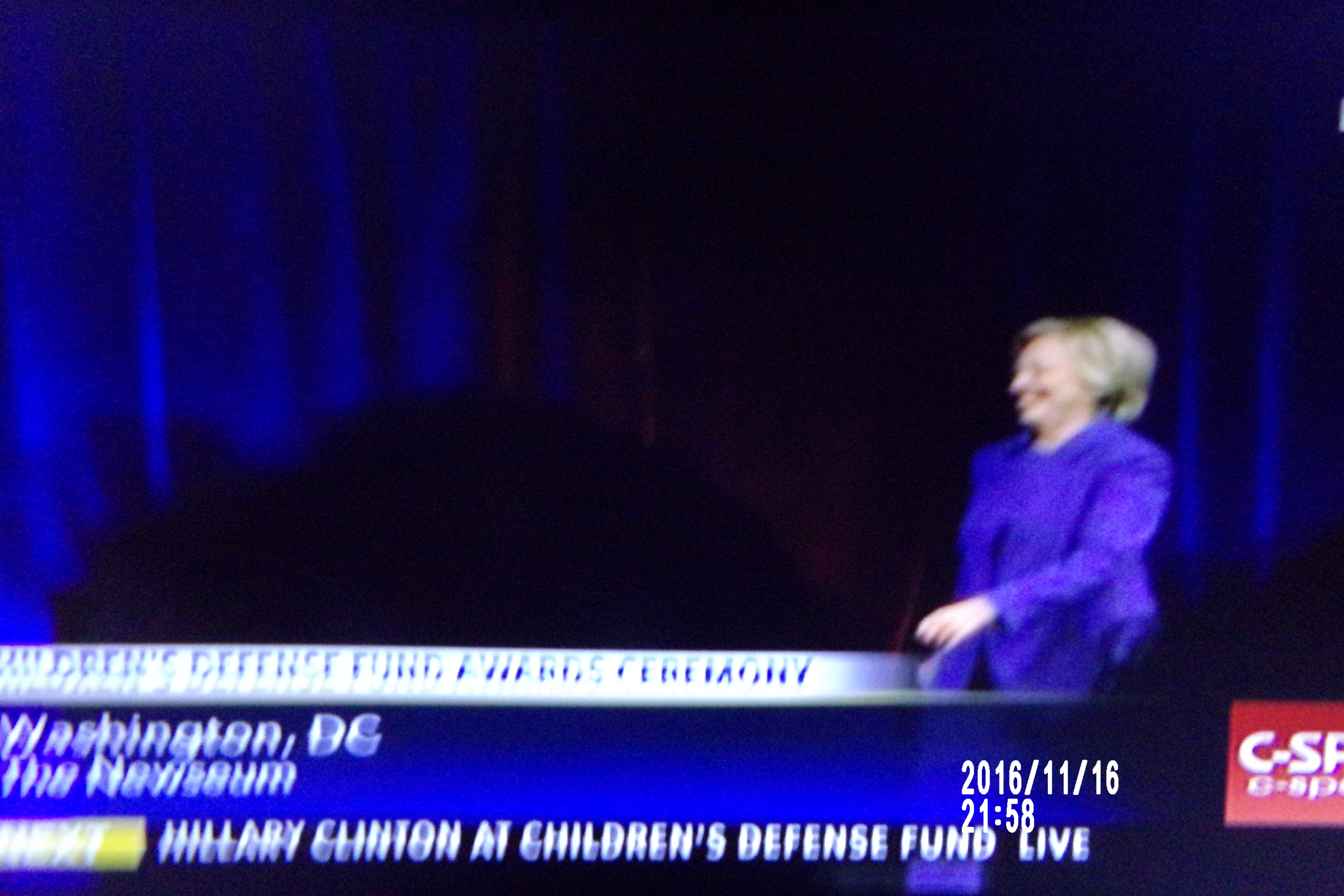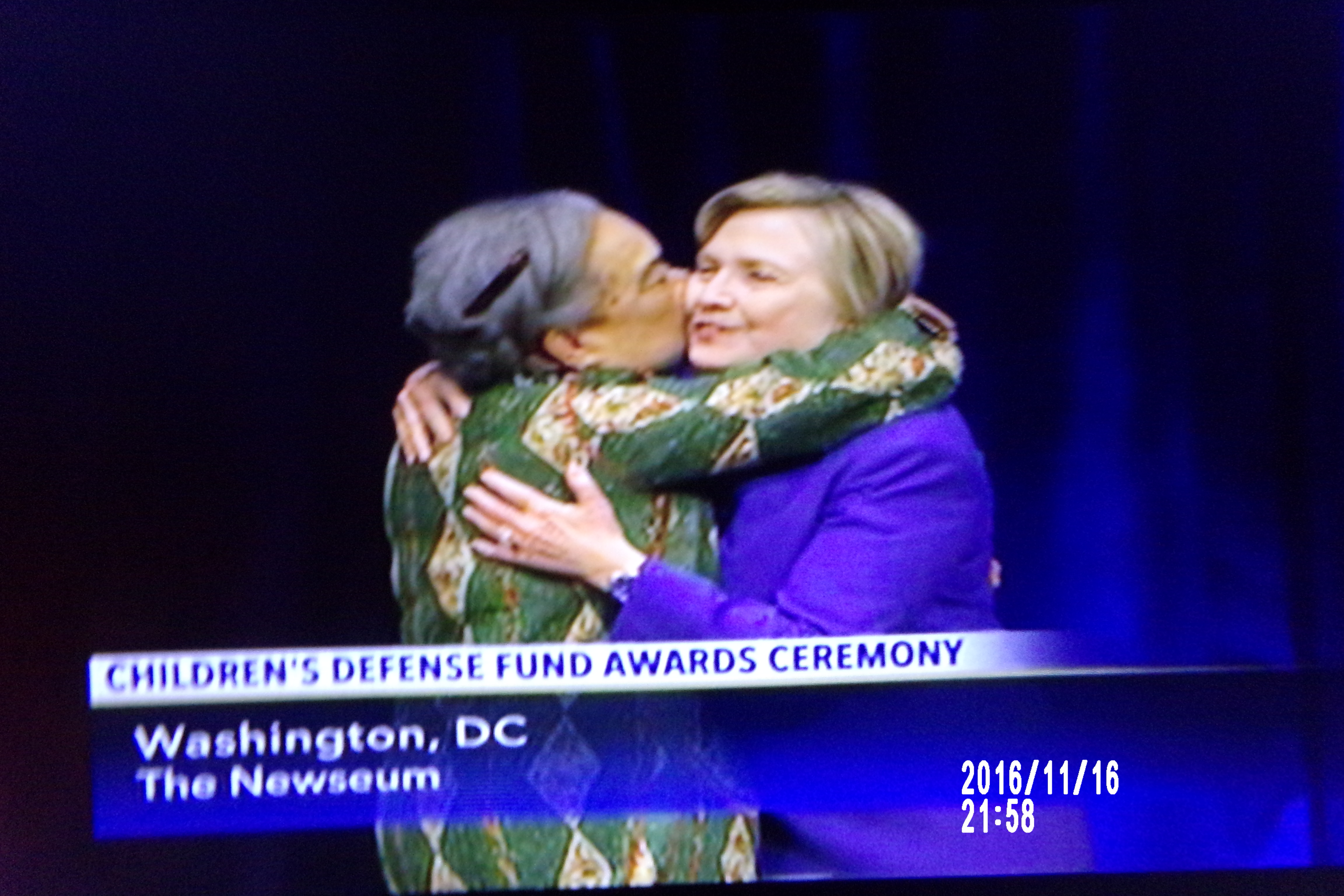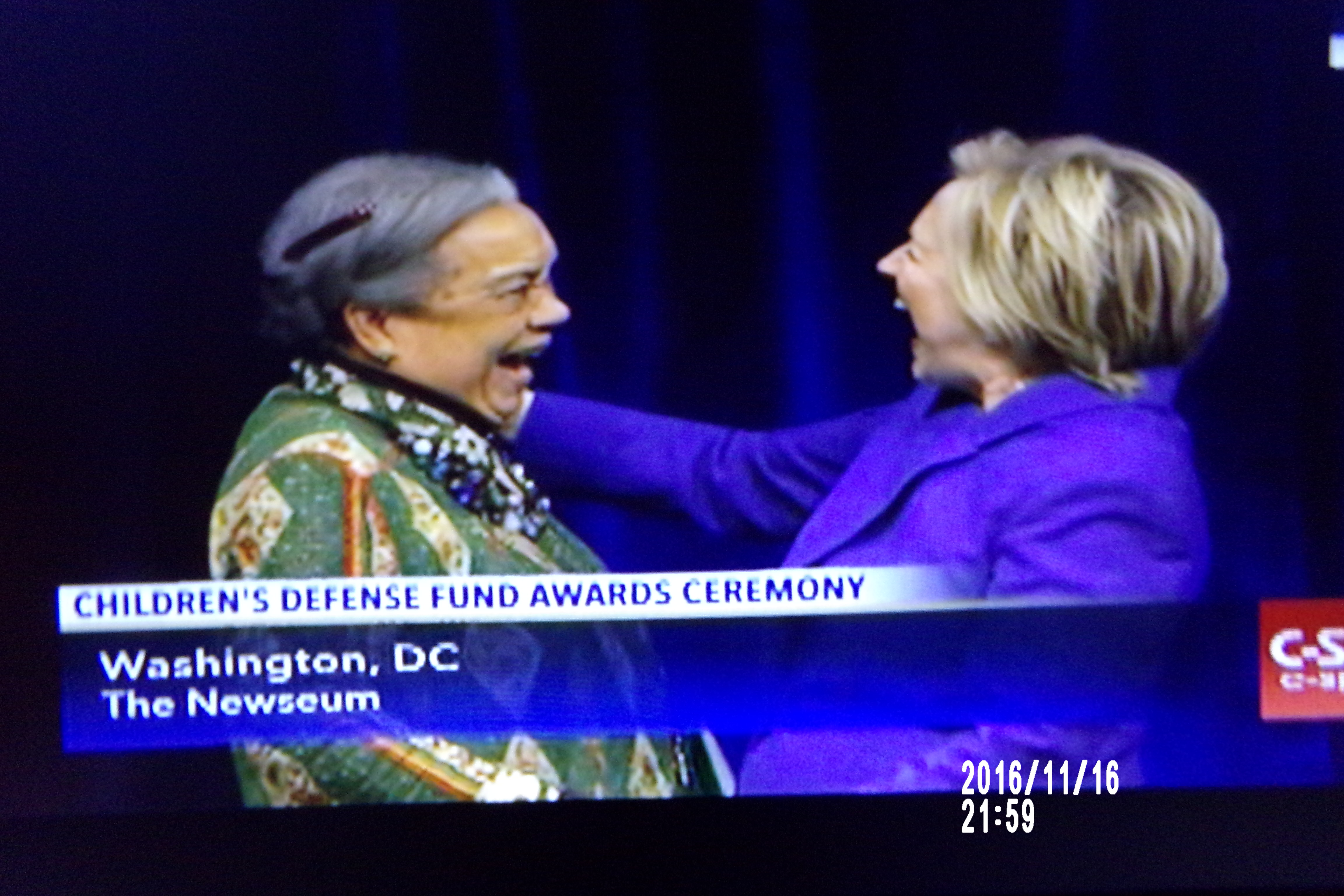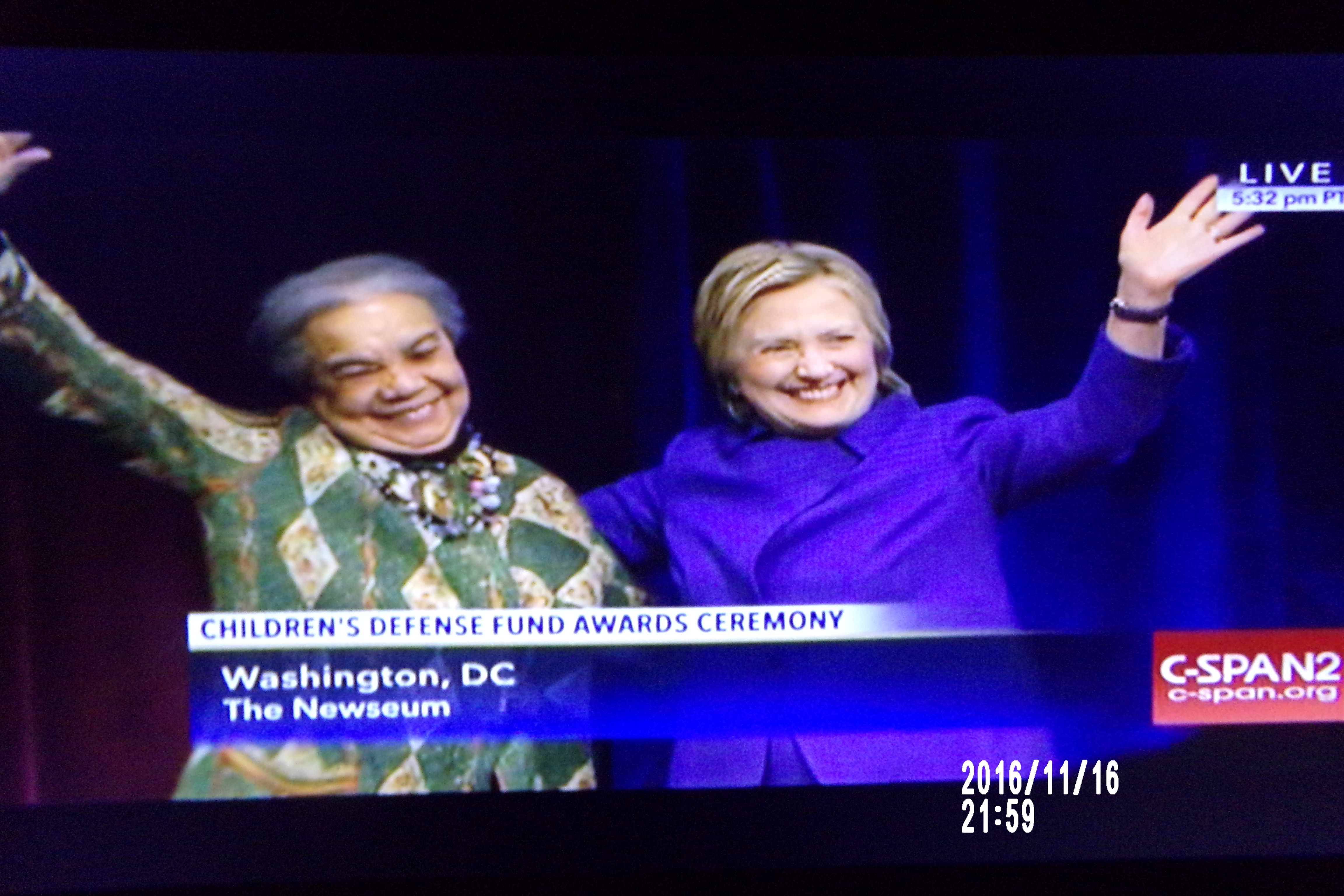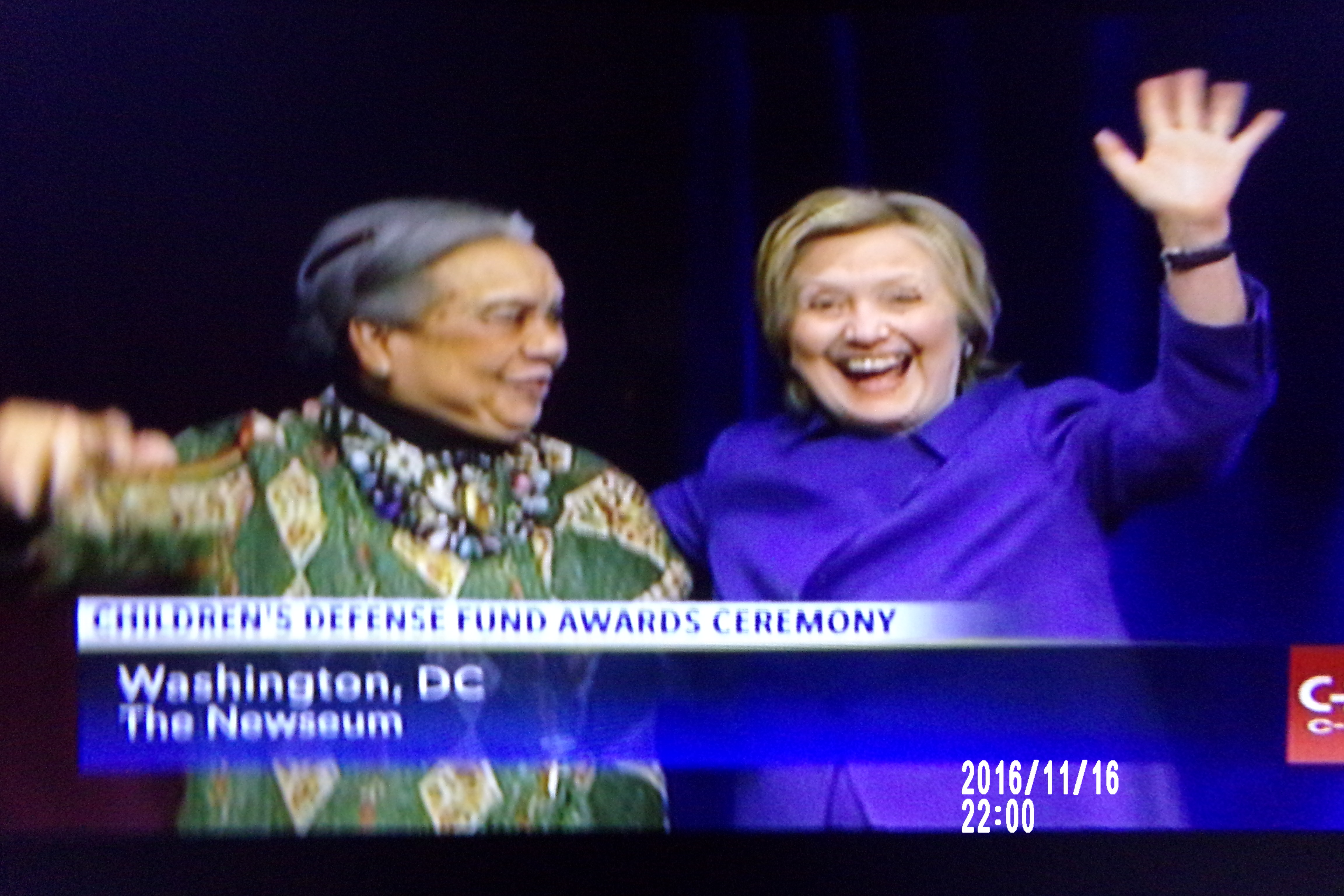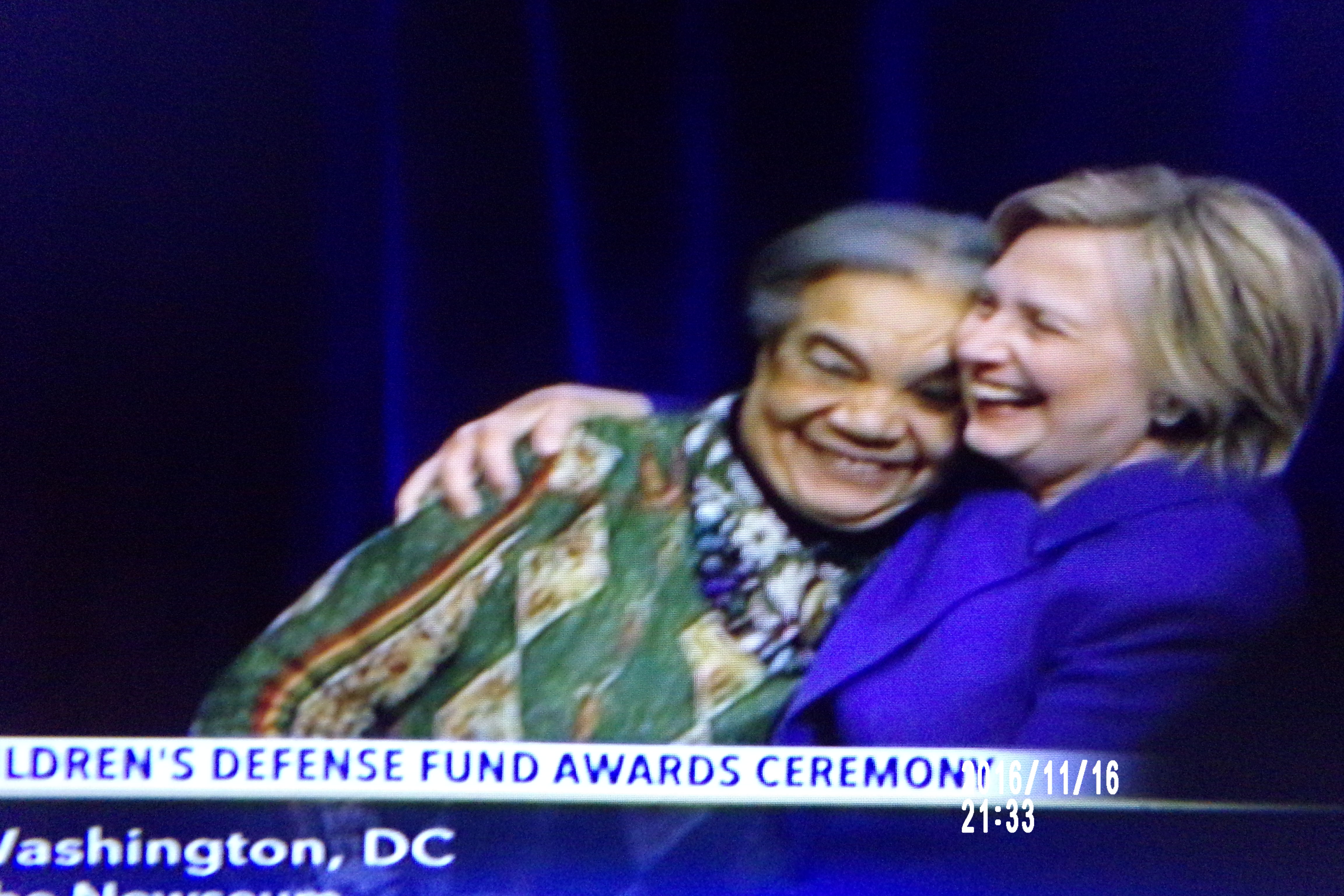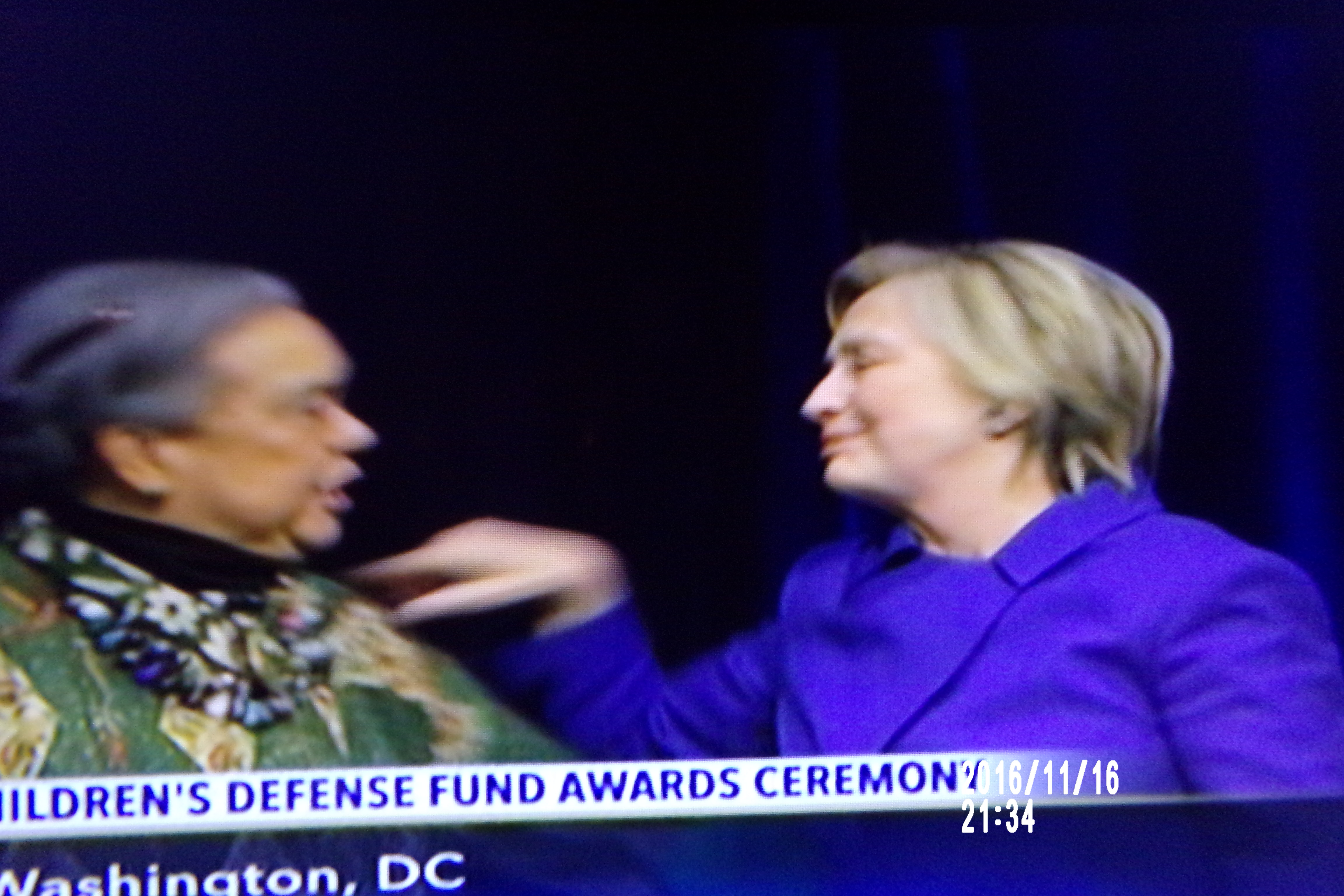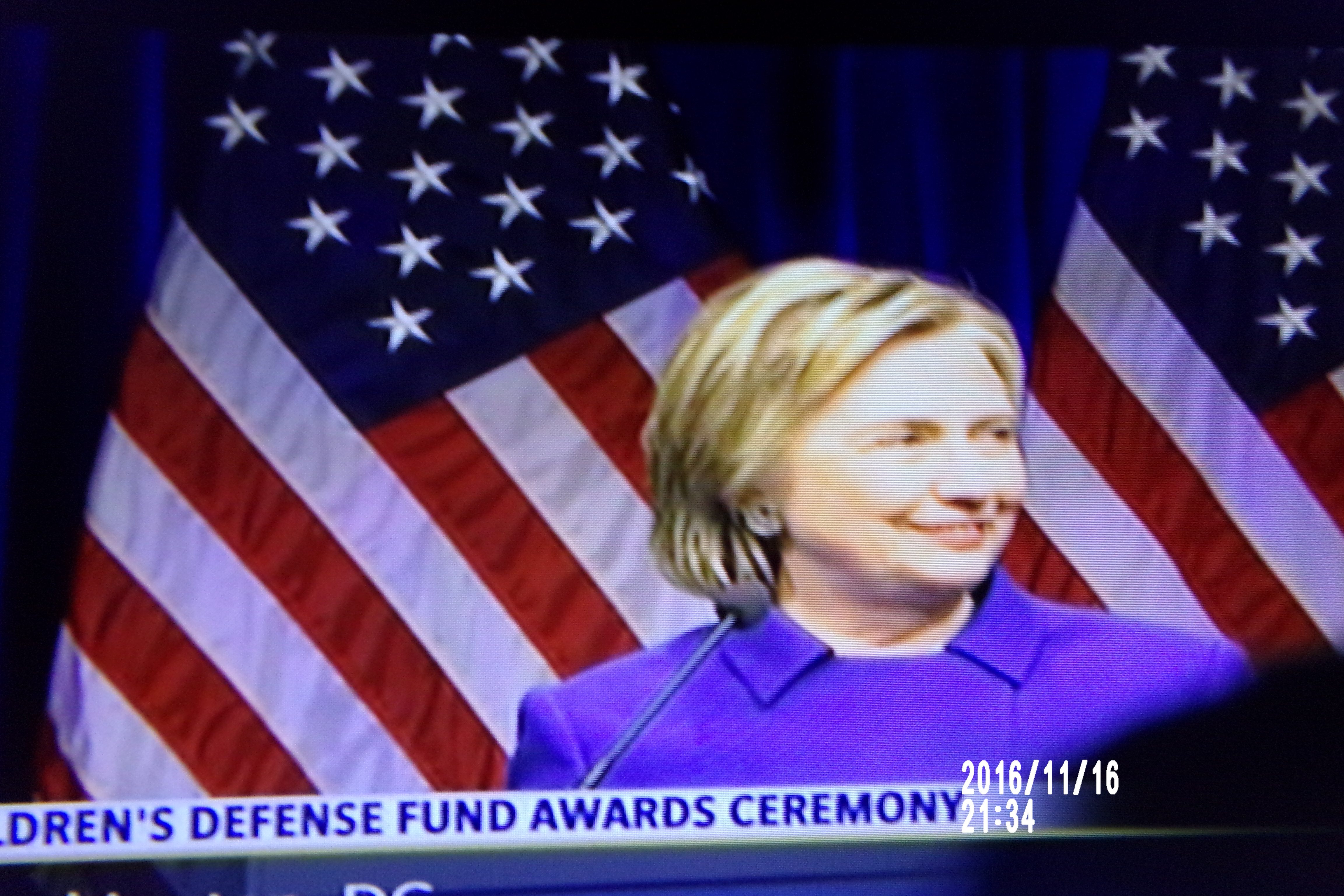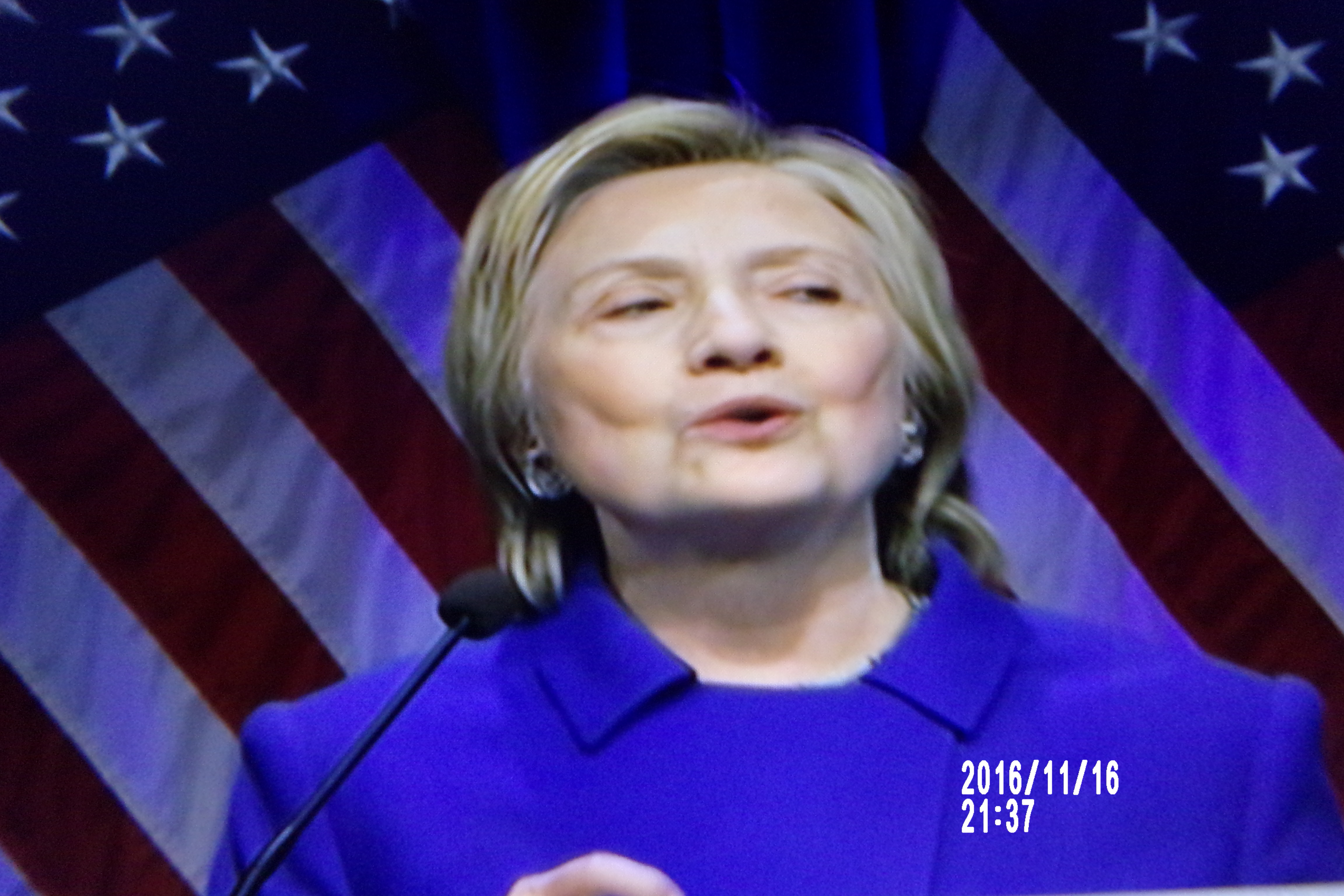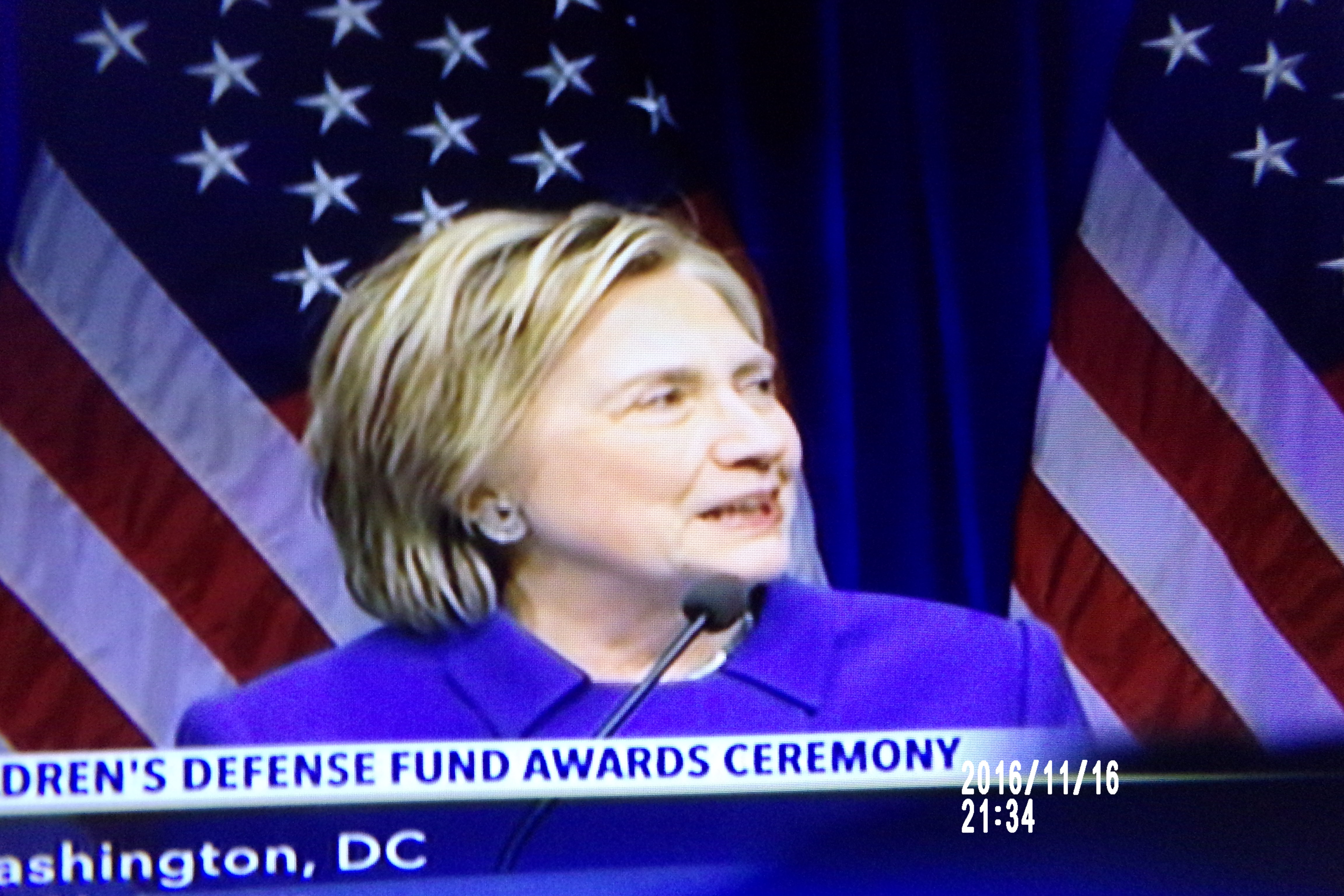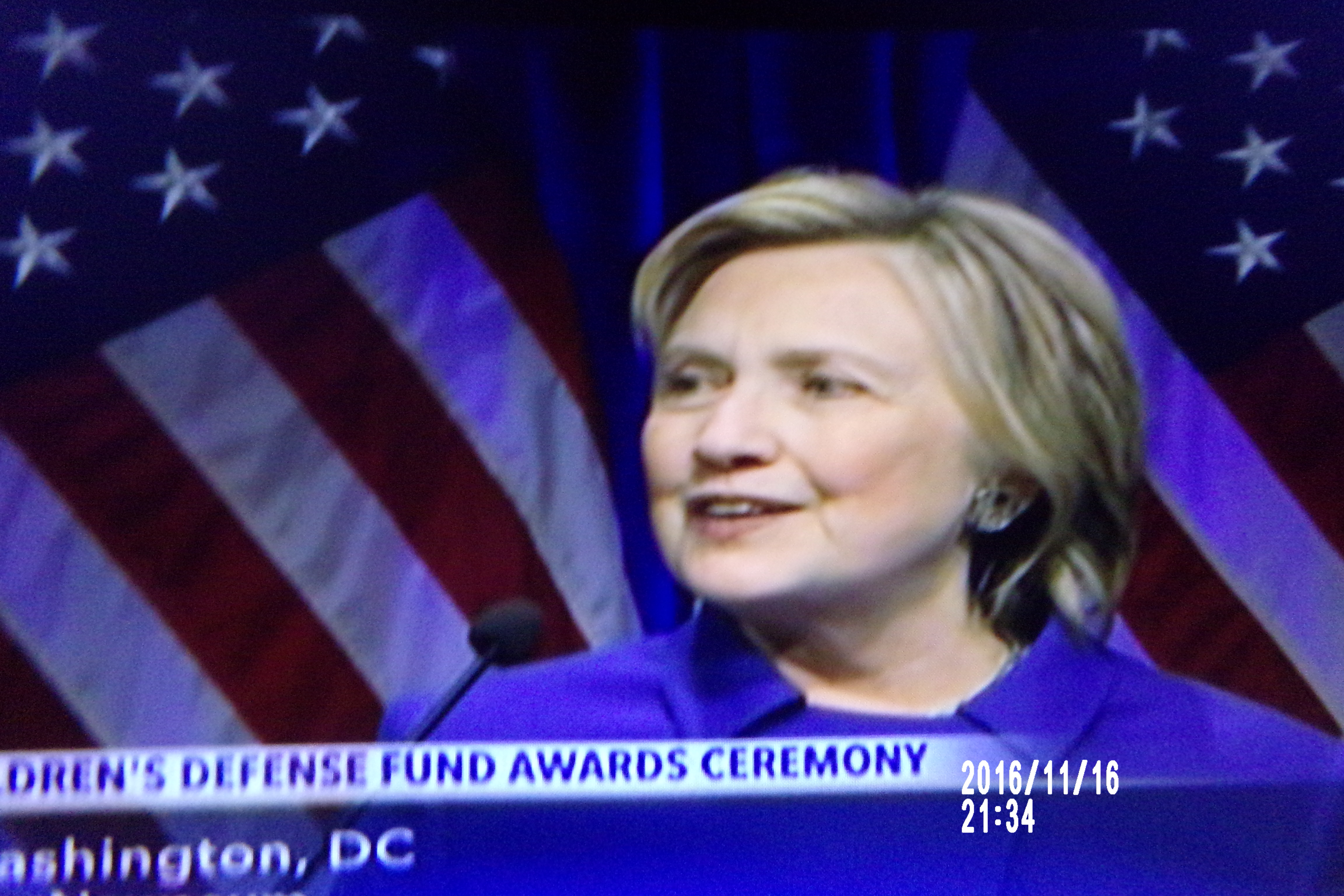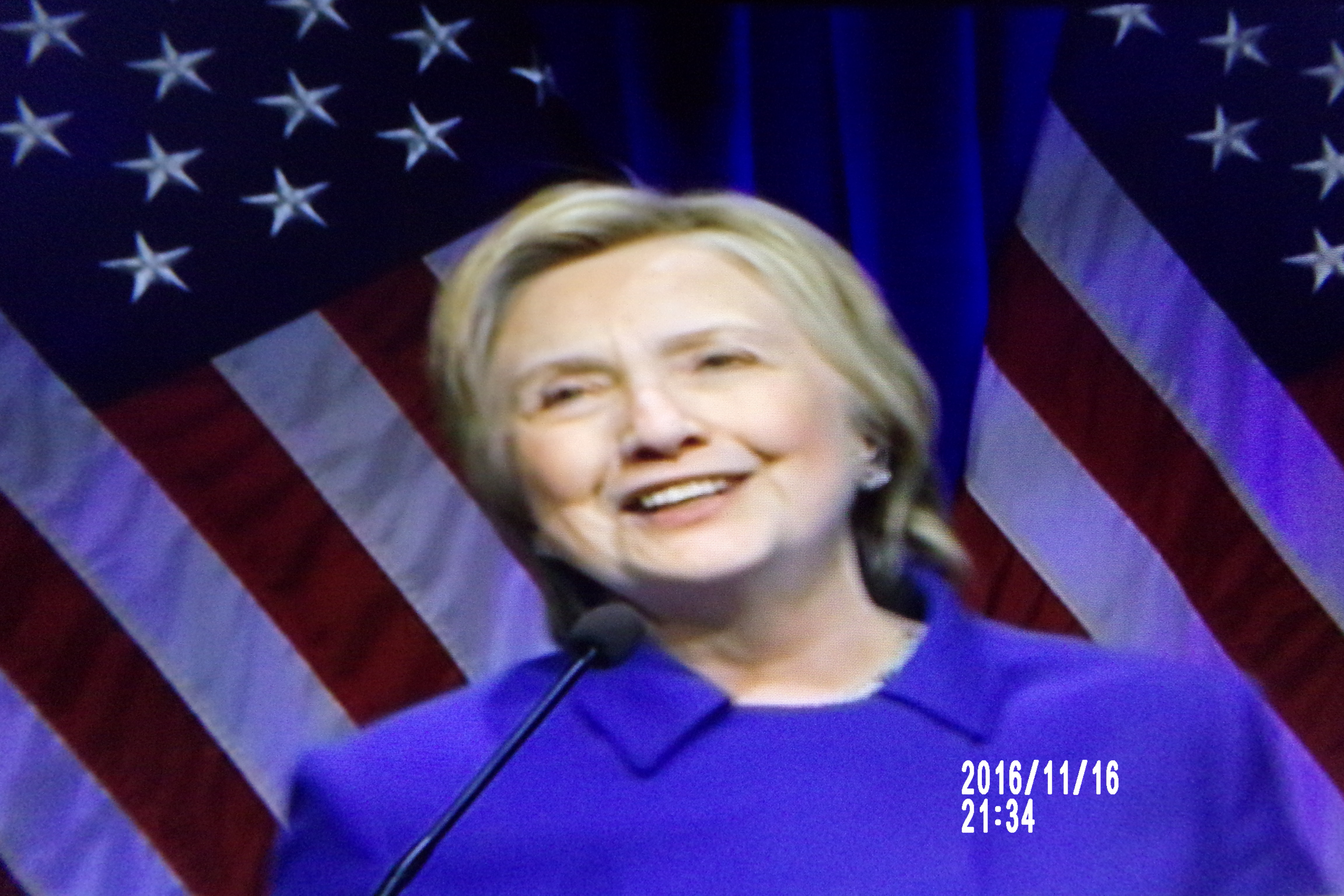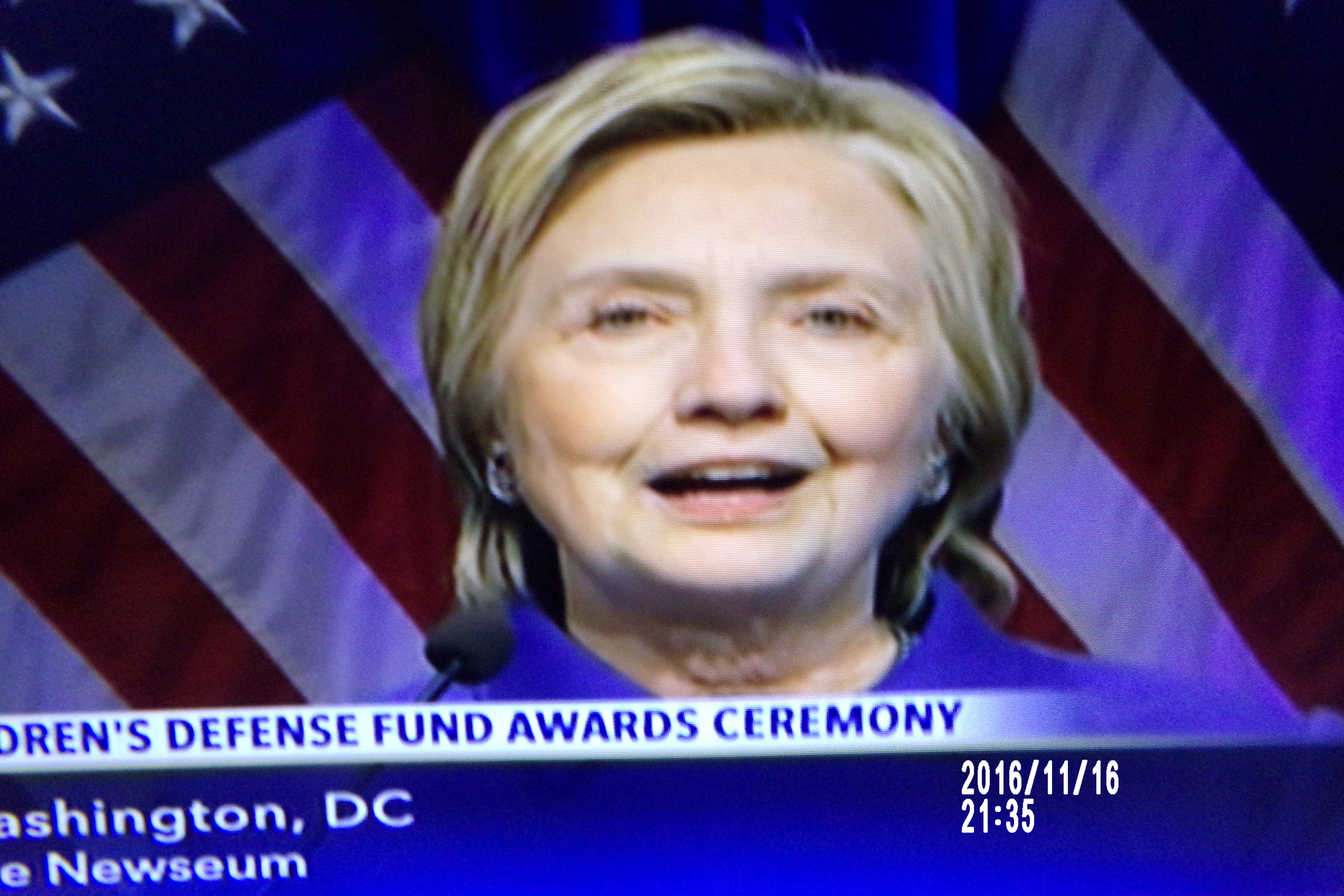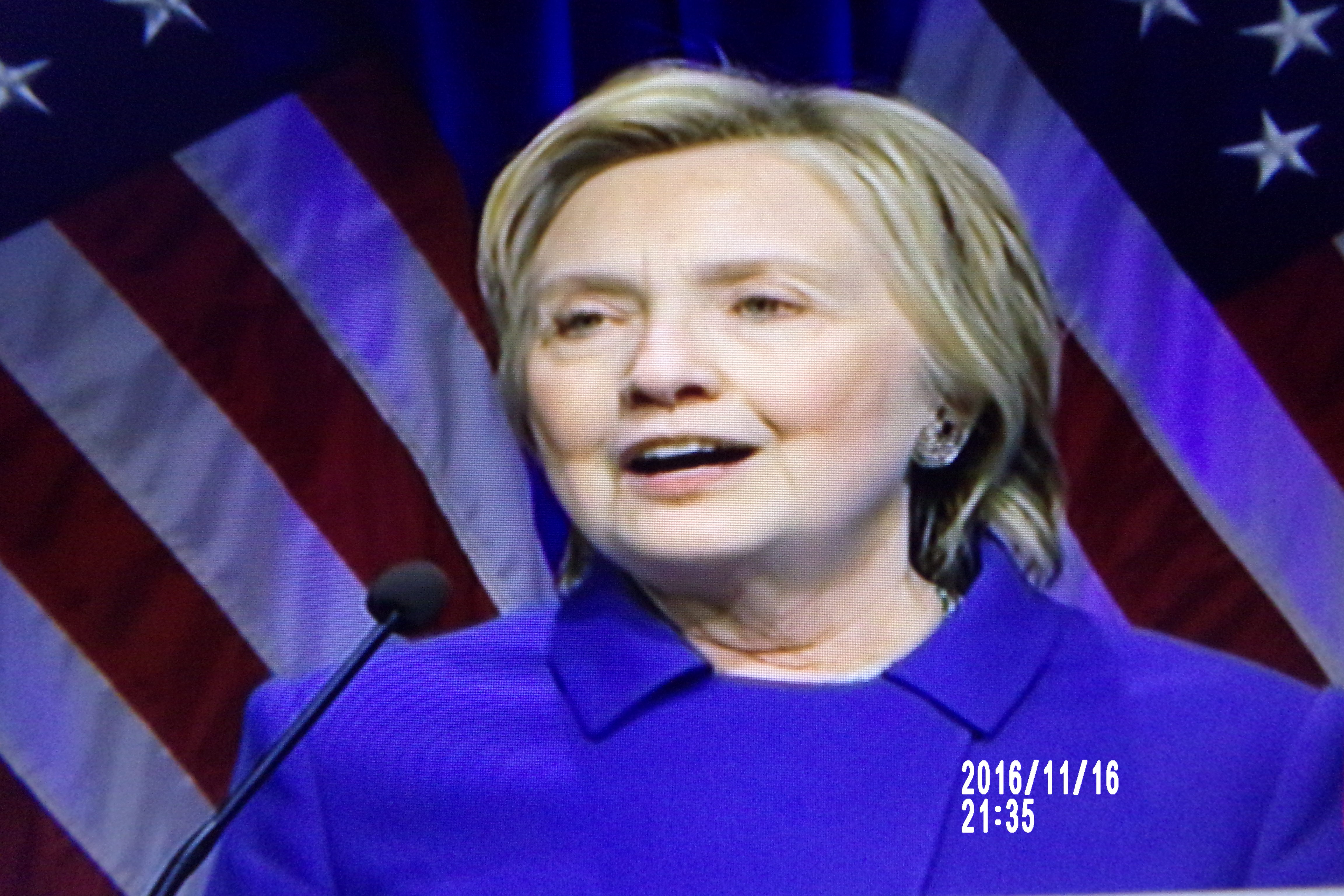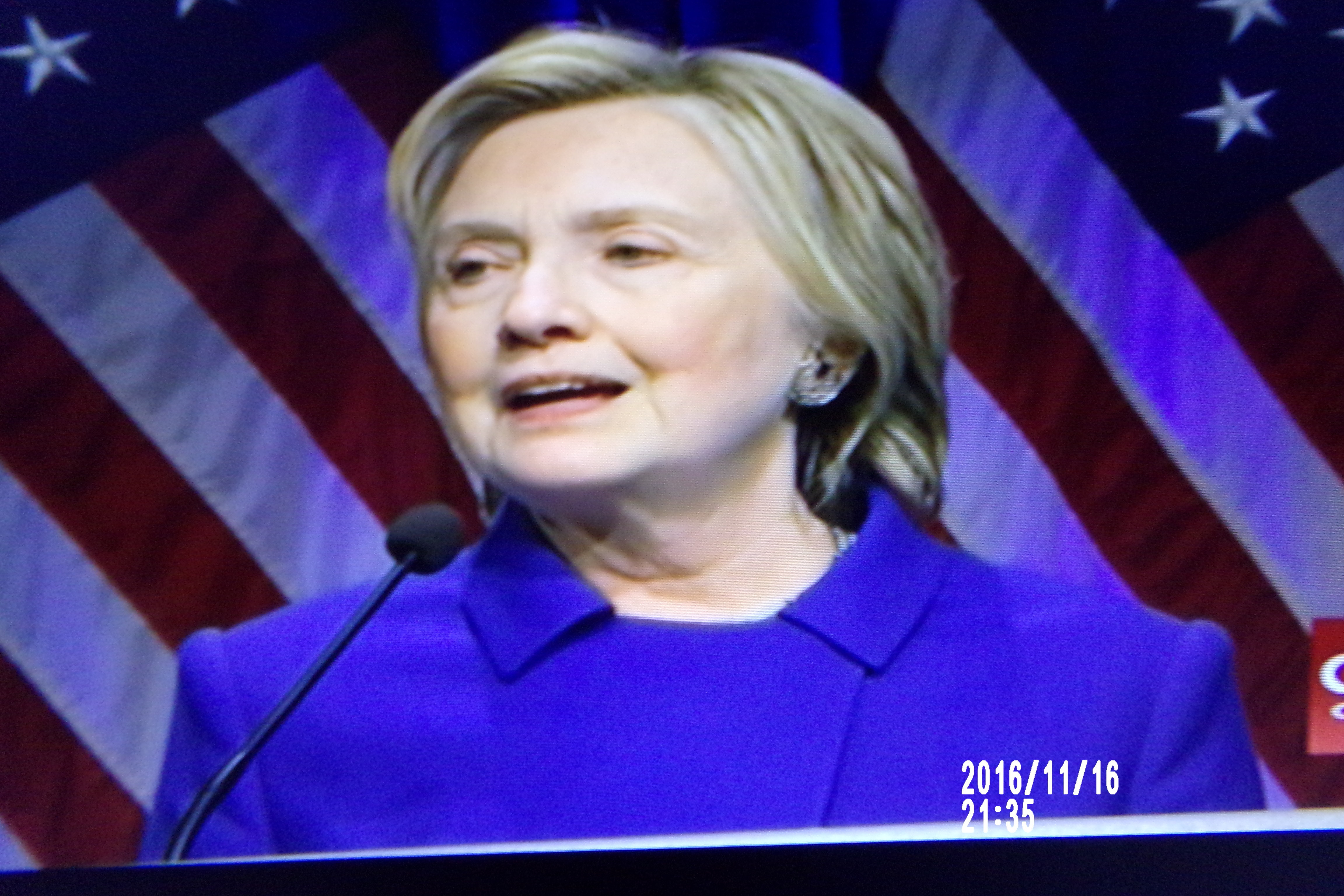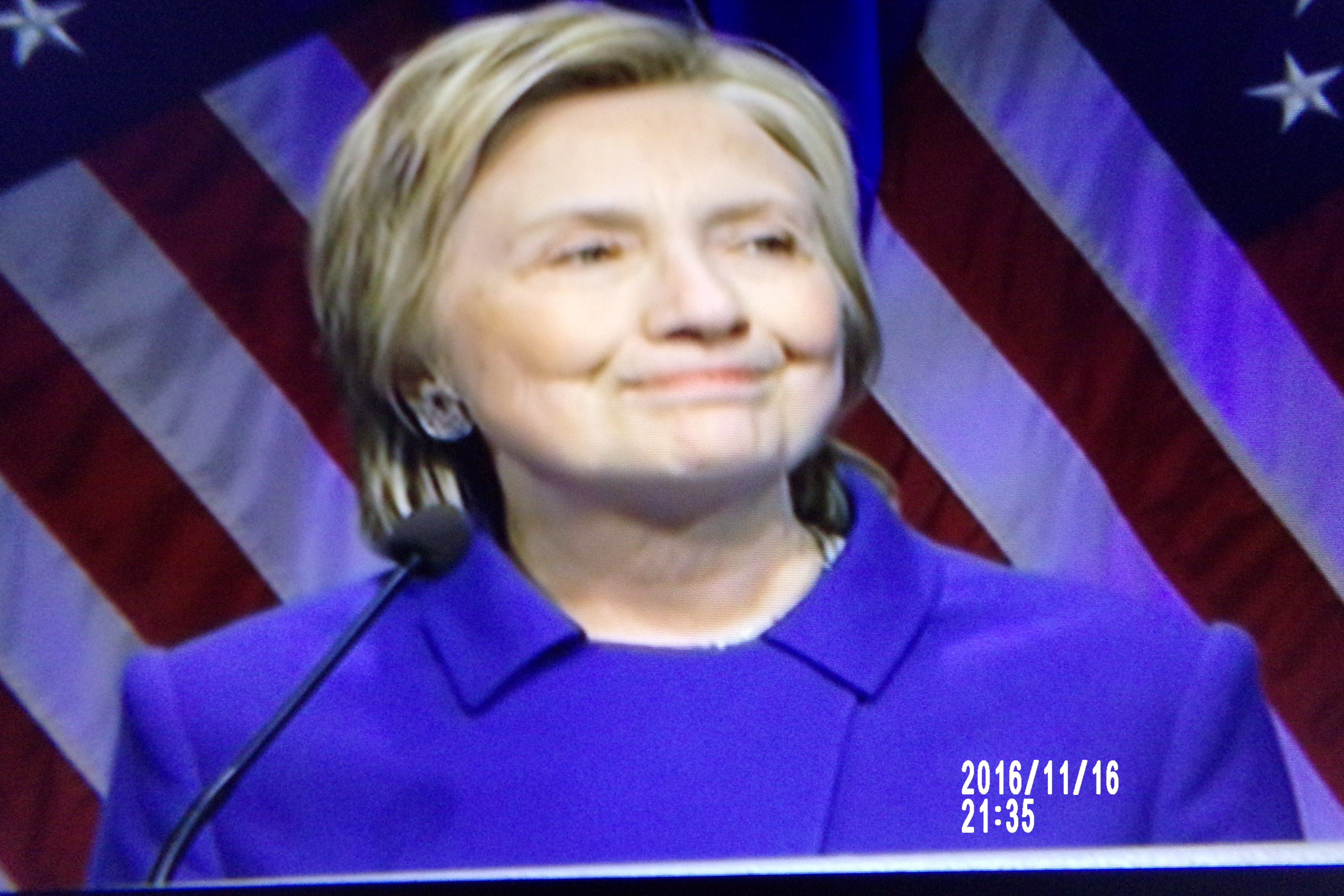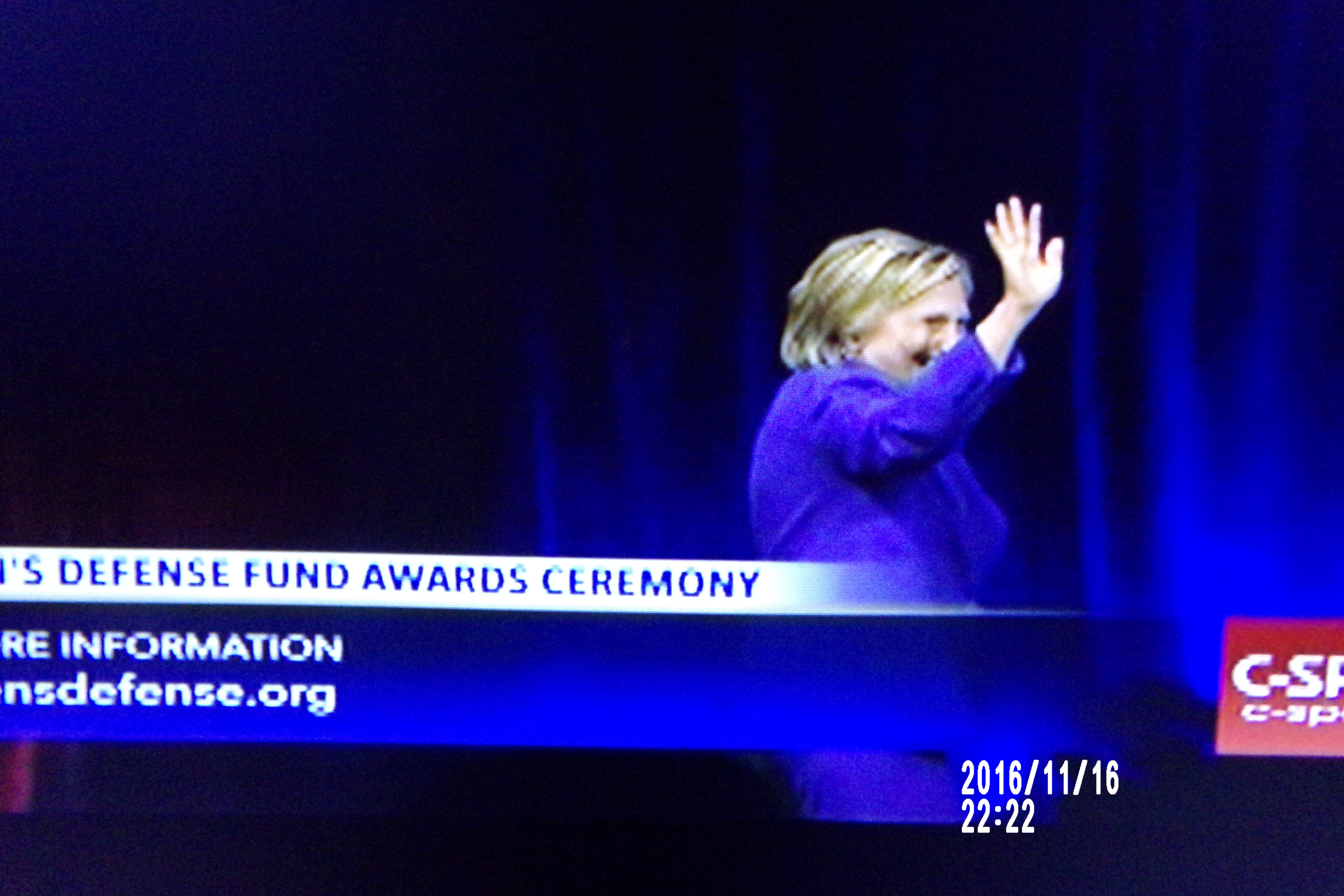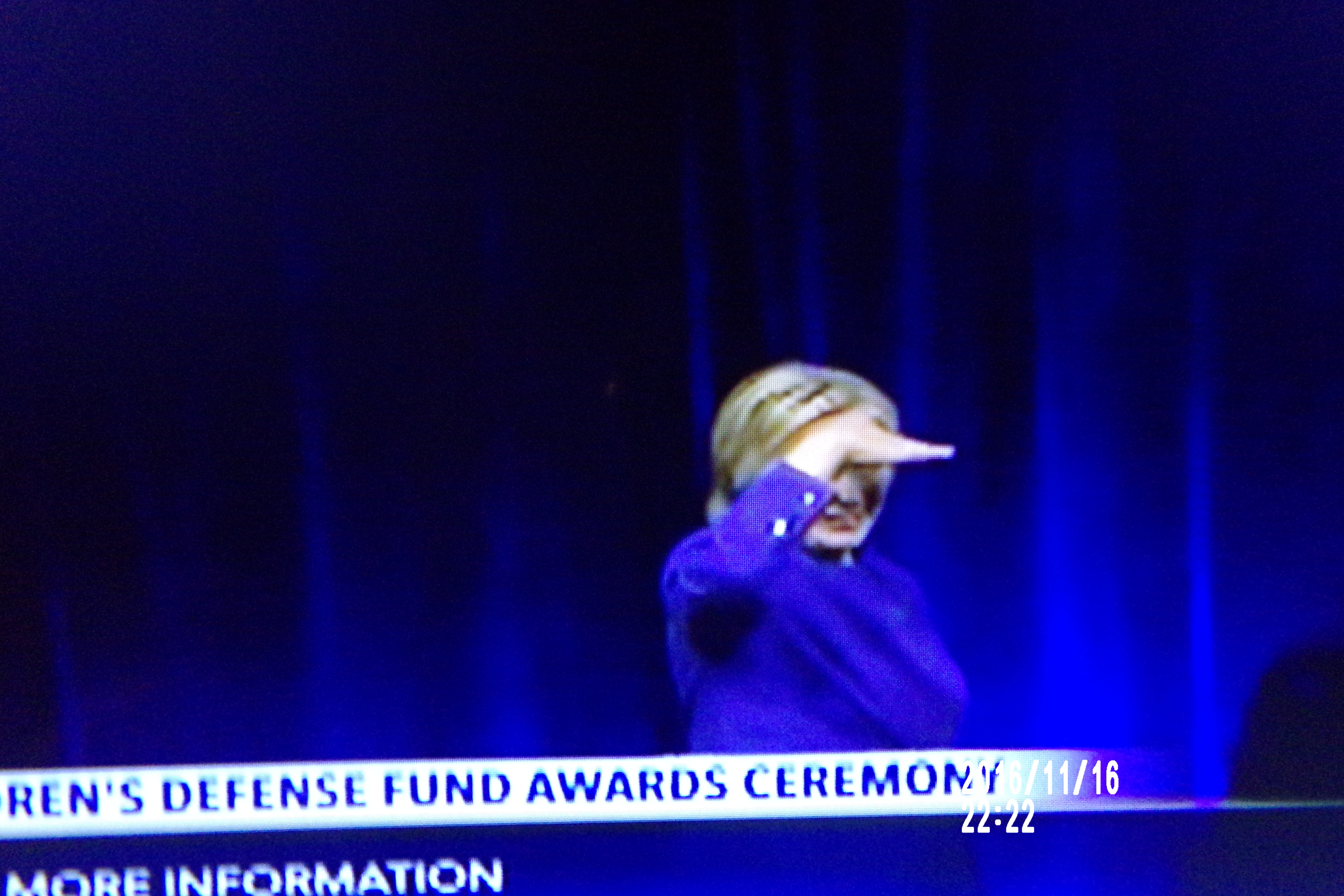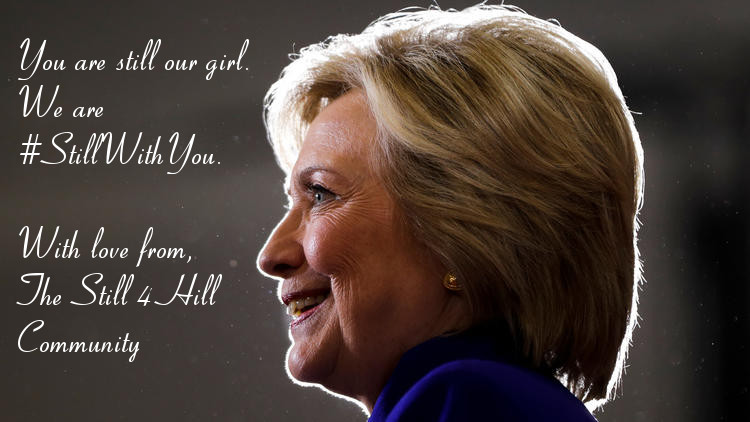Whacked by a 2x4, out like a light, and waking up in a strange place
wondering what happened. That is what the most bizarre presidential
election in U.S. history felt like to tens of millions of Americans.
Nearly three weeks later, many of us are wondering not only how we
managed to fall through another rabbit hole, but also how Wonderland can
possibly have become even curiouser than it was the last time we
visited.
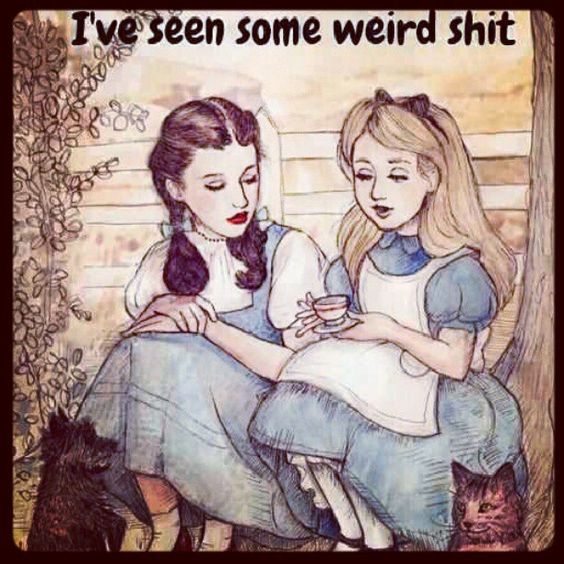
The
whacking was not actually the election result as it was reported late
into November 8 and early November 9. That was a shock and sudden loss.
Most of us reacted normally to that. As with other types of devastating
loss, there was the initial astonished paralysis immediately followed by
anguish - much of it intense - and then the resolve to go on, somehow.
Trump
cast aside established campaign traditions, releasing income tax
records among them. A card that was frequently played by Donald Trump
was the rigging card. If he did not win, here, there, and everywhere, it
would be because the election was rigged. Near the end, he resisted a
promise to accept the result. Hillary Clinton supporters rose in
outrage. Our democratic tradition demanded that the vanquished accept
the outcome. The acceptance card was to become Trump's trump card.
Crying
foul at Trump's failure to agree to accept the election result has
proven a pitfall for those of us in the Hillary camp as the actual
election results continue to roll out. The reason for this is twofold:
1) Except for the 2000 election when there was no clear winner
immediately projected, elections tend to be conceded within a 24-hour
period. And then we move on. 2) Concessions are based, not on the
actual vote, but upon projections with some percentage of the vote "in."
What comprises "in" is far from clear.
Here we are three weeks later. The election is history.
Hillary Clinton's concession is history and has been reaffirmed by her one
post-election speech
so far. Trump is not only the acknowledged victor, he has been awarded
the title of President-elect and has begun, after a delayed start -
hobbled by not actually having expected to win and therefore not having
planned for it - the transition process in the murkiest, stickiest,
sketchiest manner in recent memory. It would never do, at this point,
for Hillary Clinton's camp to challenge an already accepted result. So
proceeds the oddest election aftermath of the oddest election ever where
the most prepared and qualified candidate (her femininity aside - or
perhaps not) v. the least prepared and qualified candidate ever.
The
votes, however, are still being counted. The actual (as opposed to the
projected) vote count is shaping up to manifest the largest gap between
the popular and electoral vote in our history.
The popular vote for Hillary Clinton is the second highest in our history. As the days go by, the dramatic gap between the popular and electoral vote grows and with it questions.
More
overwhelmingly now than in 2000, we see a clear difference between who
Americans voted for and who was elected - or will be on December 19 when
the electors vote. The implications are discouraging for Hillary
Clinton supporters, certainly, but more importantly for our country.
The
Orwellian landscape that is our two-tiered general election system
proposes that some votes, those of the electors, are more informed and
decisive, i.e. better, than others - those of the general electorate,
the populace. This is not the real picture, though. At the basis,
the votes of people in some states count more than the votes of people in other states.
It is unlikely that electors will vote in opposition to outcomes in
their respective states. The fault is not so much in the existence of
the Electoral College as in the apportionment of the votes. If it takes
3.5 Californians to equal one Wyoming voter, something is wrong.
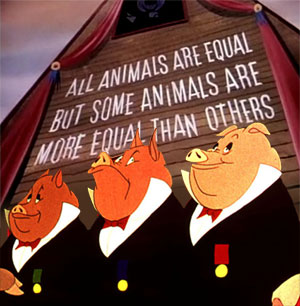
The
more dramatic the gap between the popular and electoral votes, the more
troubling, and it is growing by the day. That some people's votes count
more heavily than others is a real problem in a democracy.
The Electoral College, as we know it today was established by the
12th Amendment
and ratified by ¾ of state legislatures in 1804. It superseded the
original design in Article II, Section 1. The irony is that the same
party that has spent the past almost eight years refusing to compromise
touts the "wisdom of the Founders" in establishing the College while
failing to note that it was the result of compromise. Not all
compromises set up by the Founders have endured. The
Three-Fifths Compromise of 1787 was superseded by the
13th Amendment.
While
it is certain that we have all heard our share of arguments about the
"wisdom of the Founders" in the past two weeks, we can argue that it
should not take multiple votes from some states to equal a single vote
from another in the electoral system. That concept is as outdated,
outrageous, unfair, and duplicitous as counting slaves as property in
one regard and people in another. Not everything the Founders laid out
was wise and set in stone.
After elections, the custom is to say "The people have spoken." It is
fair when all have been given an equal voice, not when some and not
others are provided a megaphone.
While we are on the subject of fairness, this arises.
These are
the fishiest election results ever. We will
keep watch till the last vote is counted! That CNN page gets updated pretty regularly. There remain
these issues. Hope everyone is recovering.


